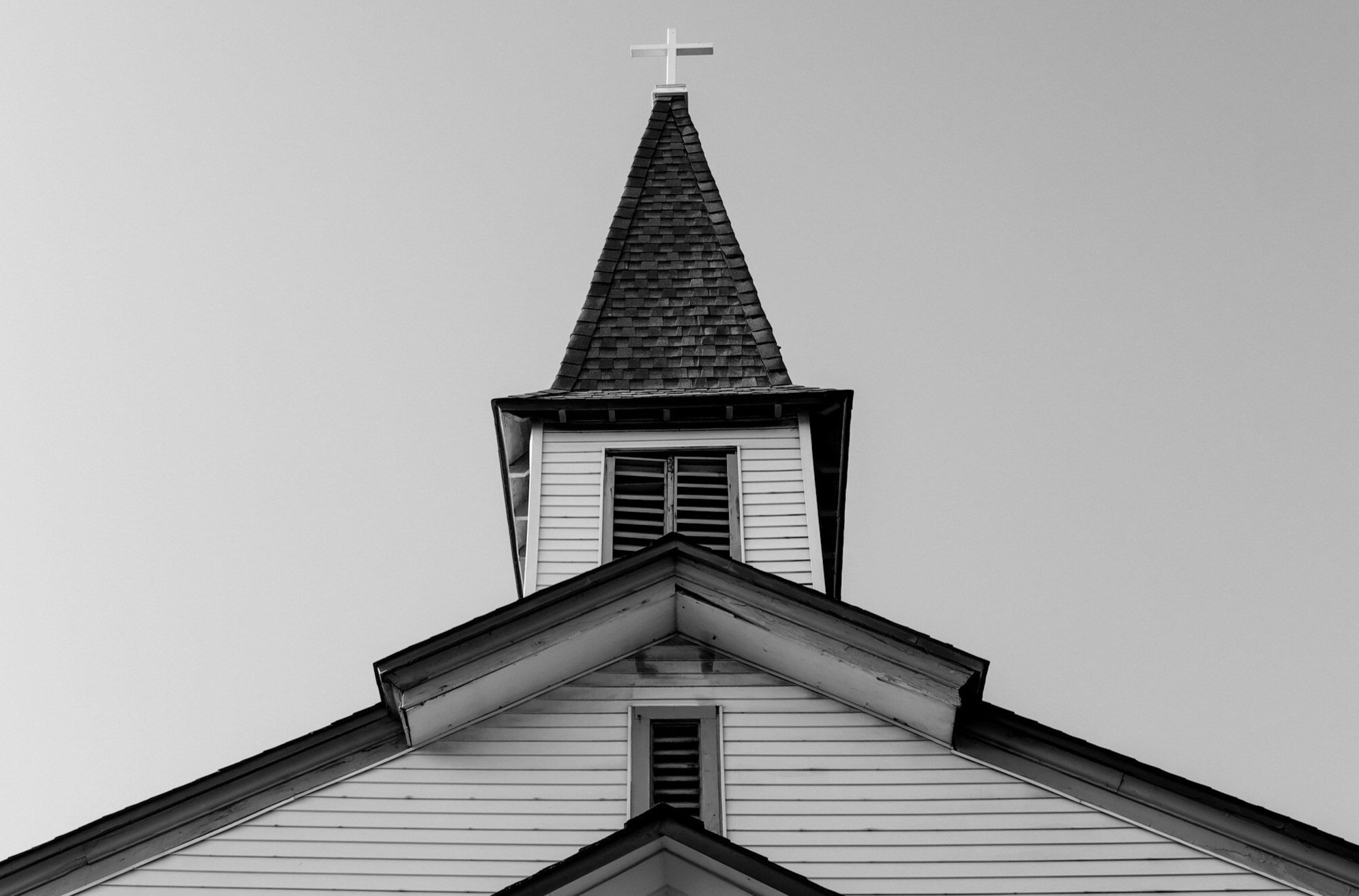How dieting is a risk factor for disordered eating
Dieting might seem like a harmless way to pursue health or weight goals, but research shows it can increase the risk of developing disordered eating behaviors. Restrictive eating, food rules, and the pressure to achieve an "ideal" body often lead to feelings of deprivation, guilt, and obsession with food. Over time, these patterns can escalate into binge eating, preoccupation with weight, or a cycle of yo-yo dieting, all of which are hallmarks of disordered eating.
Is Weight Really a Vital Sign?
Advocating for yourself in weight-centric spaces can be hard and exhausting. But it’s worth it in the fight to cultivate a healthier relationship with your body and take the focus off of weight. Weight alone tells us very little about a person’s health. And the number on the scale simply isn’t vital to your immediate survival.
Diet Culture in the Church: What it Looks Like, Why It’s a Problem, and What Christians Can Do Instead
The church often shows up looking a whole lot like the world in how church leaders and communities talk about diets, weight, and eating. Here’s why this is a problem and what we can do about it as Christians instead.
Eating Disorders vs. Disordered Eating
What’s the different between an eating disorder and disordered eating? Why does it even matter? Let’s define what these things mean and why it’s important to recognize both eating disorders and disordered eating patterns.
Nourishment 101
Eating well without diet or food rules doesn’t have to be complicated. Good nutrition is honestly so simple. Diet culture complicates it.
5 Tips to Navigate Holiday Eating with Food Freedom
Whether you're already an intuitive eater or have no idea what that is, I'm sharing 5 tips to navigate holiday eating with food freedom







